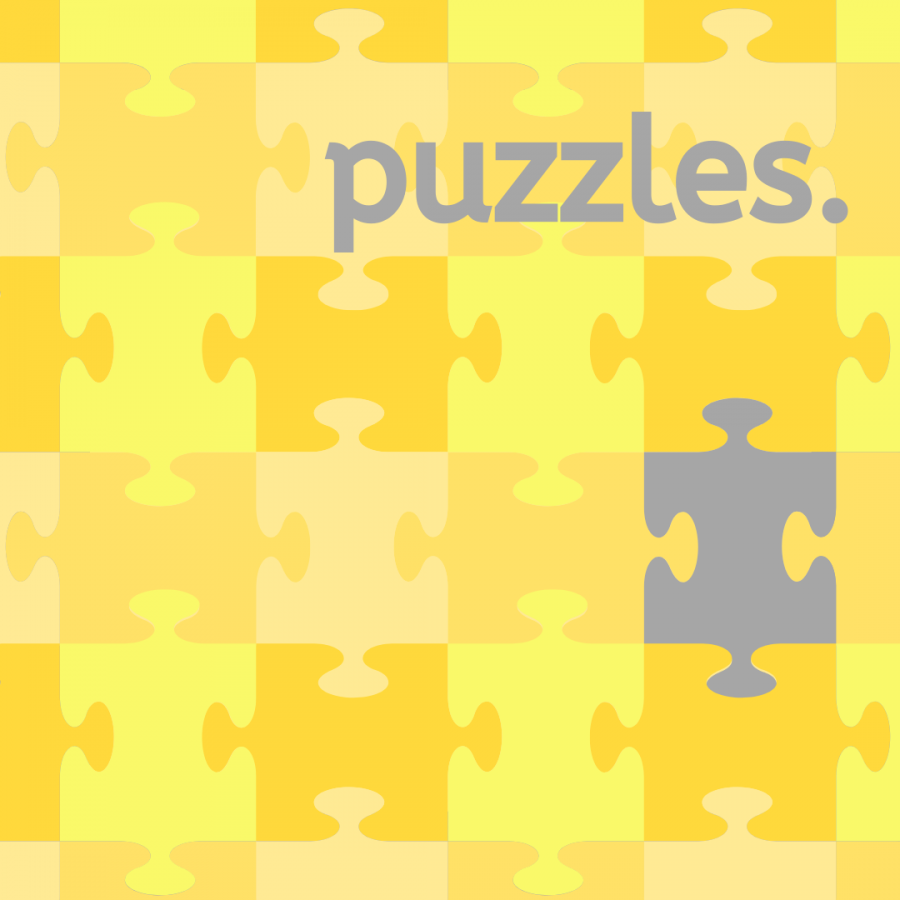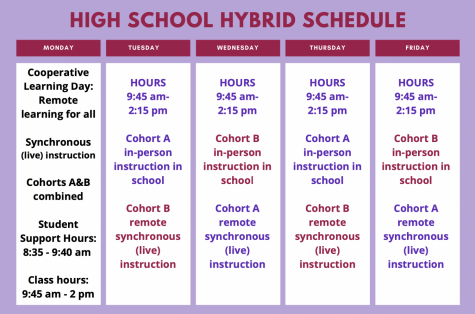COLUMN: Puzzles are the missing piece during your quarantine
Puzzles are a great activity that can help stimulate the brain.
When I was younger, my fascination with jigsaw puzzles was one that defied the common logic. The way that thousands of small pieces, with little to none inscrutable design, would come together to form a picture was miraculous, and to me – larger than life itself.
I would spend hours just staring at these minuscule pieces of cardboard trying to find where they fit in this architectural beauty, trying to create and determine what the full picture would be. Without just one piece, the picture would be incomplete.
My fascination soon expanded into riddles, jokes, writing and board games. My mind, an individual’s most powerful tool, became one that was excited by the near depth of thinking and brain-twisters. For when I could not understand or make sense of something, I felt it was my obligation to put the pieces together and undercover the underlying picture behind my puzzle.
However, with the extension of my schoolwork and extracurricular activities came the gradual demise of my excitement by jigsaw puzzles. I no longer had the time to sit down and sort the pieces by color and design. The loops, sockets, knobs, and holes, which I once obsessed over, became dust collectors that sat in a board game compartment in my basement. The family bonding brought by jigsaws, which once was the essence of my household, soon flatlined off and the frames of completed puzzles that hung on the wall became near memories of a simpler time.
So, with this hiatus from school work and stress with the urge for you to stay indoors, I ask you to take a puzzle out from your dusty compartment and complete it to stimulate your mind, relive your childhood excitement, and work with your family towards a common goal.

Max Gaffin is one of Eastside’s Editors In Chief for the 2021-2022 school and publication year. Gaffin participates in a number of activities, on top...











Melanie Gaffin • Mar 24, 2020 at 12:27 am
Max this is so well written I love to read yoir articles! So proud of you! I can’t wait to do another puzzle with you now that we have more time in the coming day’s!
Jane Gelman • Mar 22, 2020 at 8:28 pm
Great article and so true. We have taken our games out , Dominoes for one . My friend just ordered 3 puzzles on line. Keep up the good work Max , Your article is Enlightening , knowledgeable and well written.
.
Margie Berlin • Mar 22, 2020 at 8:21 pm
Hey Max- great article on puzzles! Well done!! Love. Aunt margie ❤️